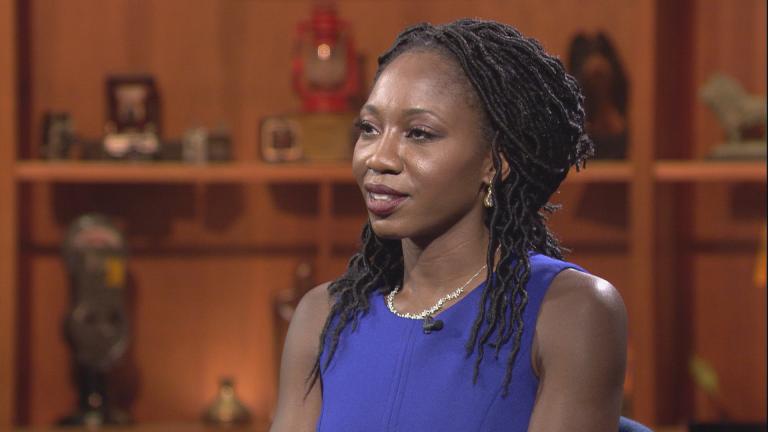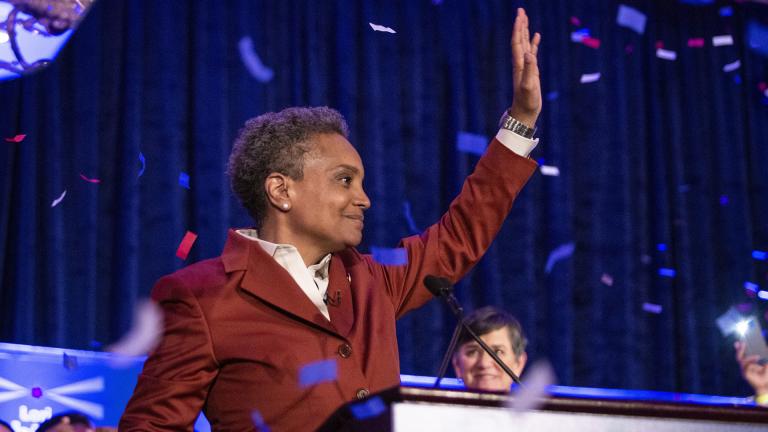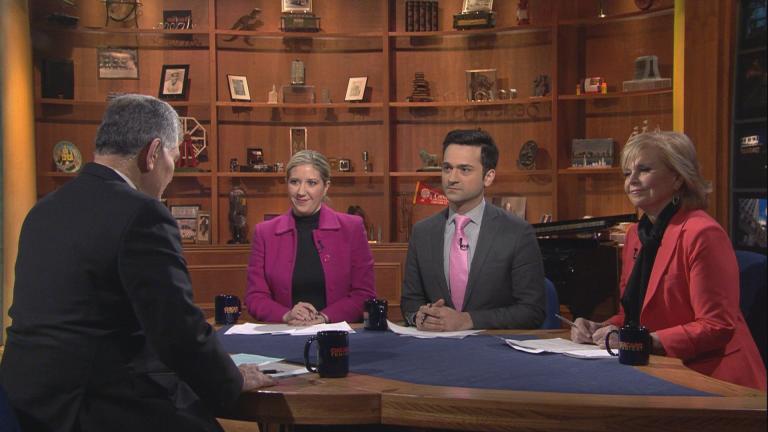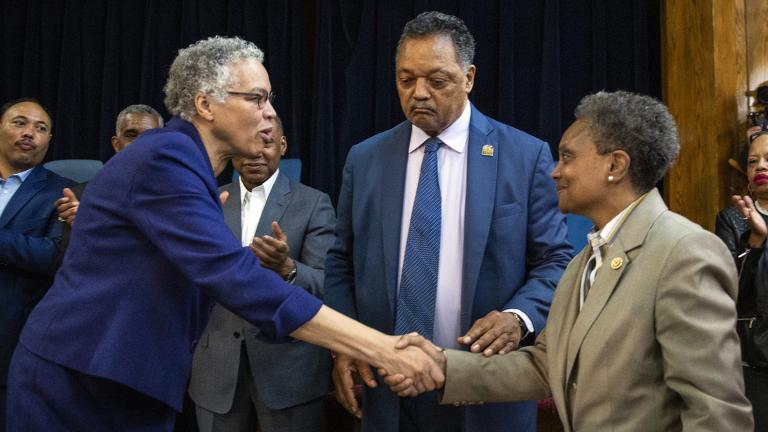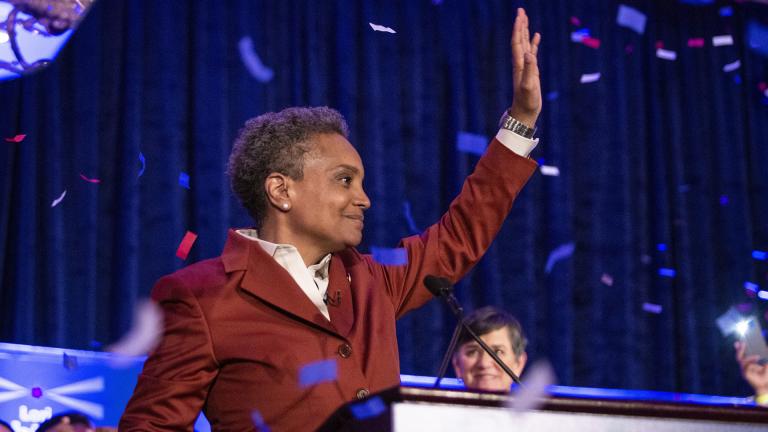Tuesday’s surprise announcement by Mayor Rahm Emanuel has triggered a flurry of speculation about who is and is not going to throw their hat into an already overflowing ring.
Ald. Ricardo Muñoz, 22nd Ward, who announced this summer he would retire from City Council at the end of his current term, intends to run and says he will have petitions out by Friday.
Illinois Comptroller Susana Mendoza, who is running again for that post in November’s election, made joking allusions to her rumored mayoral ambitions in a speech Wednesday at the City Club of Chicago. Speaking to reporters afterward, Mendoza would only say that she’s focused on her current race.
Cook County Board President Toni Preckwinkle is reportedly eyeing a run (her campaign says they are not yet going to make a statement). U.S. Reps. Mike Quigley and Luis Gutierrez, who is retiring after this term, are also among those rumored to be considering the race, along with outgoing Illinois Attorney General Lisa Madigan, and former U.S. Education Secretary and Chicago Public Schools CEO Arne Duncan.
But while it’s easy to consider a bid for mayor – or announce a campaign – running for office successfully is far more complicated than shaking hands and raising money.
Candidates for mayor must collect 12,500 signatures to get on the ballot, but the rule of thumb is to collect double that number at a bare minimum. Additionally, in a nonpartisan election like Chicago’s, the same person cannot sign a nominating petition for more than one candidate – a rule that makes it harder still for candidates to collect enough signatures that won’t be successfully challenged as invalid.
Those nominating petitions are due Nov. 26, and the deadline for filing objections to a candidate’s signatures is five days after that. (Those objections, as they do every year, will come.) The candidates with the best capacity to collect valid signatures (and the best legal help to withstand and launch challenges) stand the best chance of making it to the ballot.
Then, there is the small matter of the campaign itself: The election will be held on Feb. 26 with a runoff election on April 2 if, as is widely speculated, no candidate gets a majority of votes.
Whomever is ultimately elected will be sworn into office on May 20, 2019.
Related stories:
Mayor Emanuel Won’t Run for Re-election. What That Means for Candidates.
Emanuel Stuns Chicago, Rocks Mayor’s Race
Emanuel’s Aldermanic Friends, Foes React to Bombshell Announcement

